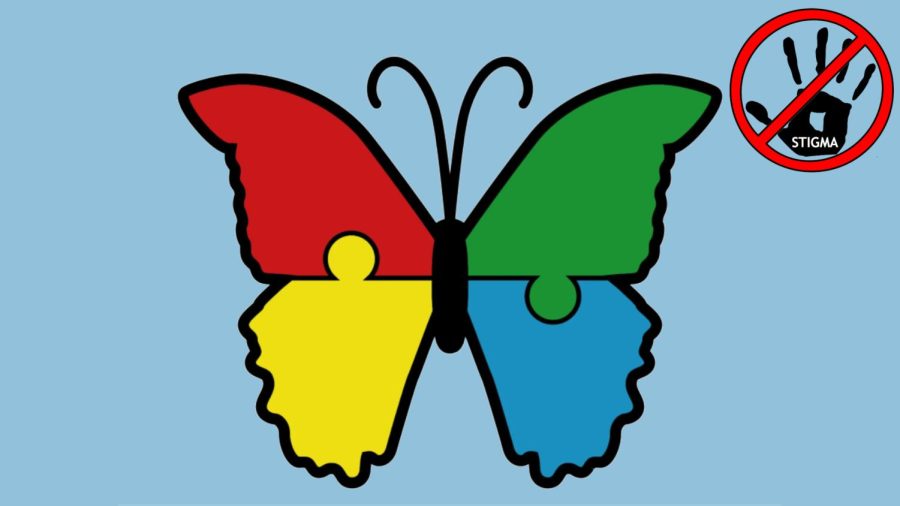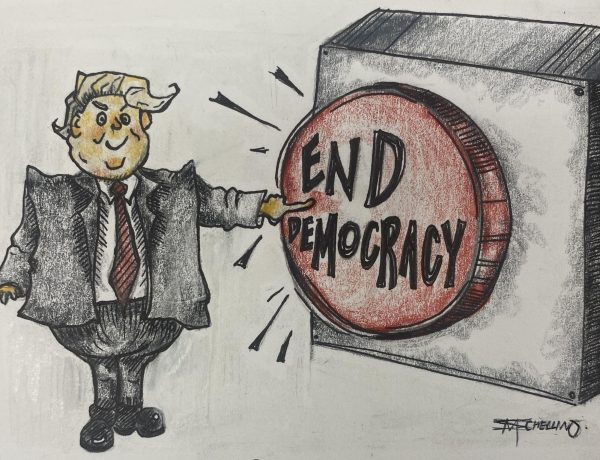Autism: Stop the Systematic Stigma
To stigmatize something means to encompass a subject in a negative attitude or obstructive judgement, to shame it, or the person affiliated with it. With the passage of time, the effects of stigma can lead to that of discrimination, isolation, rejection, and internalized shame.
Meanwhile, autism, conventionally referred to as Autism Spectrum Disorder (ASD), or Autism Spectrum Condition (ASC), is a neurodevelopmental condition caused by a differentiation in the brain. Considering that it is a spectrum, it can, and does, manifest in a variation of ways, per the individual who has it. These traits present themselves as, but are not limited to: deficits in social life, repetitive or restrictive patterns of behaviors, interests, or actions, hypersensitivity, nonspeaking, shortened or extensive attention spans, and such.
The problem lies not with autism, but rather, the stigma surrounding it. To even call it a disorder, can be emotionally detrimental. While those with autism have differing needs, it is never something that should be held against them, blatantly, or indirectly.
Stigma is influenced by culture and by people’s understanding of autism. Some cultures may view autism as a source of disappointment, nuisance, or worse. Some people may have outdated or stereotypical views of autism that do not reflect the diversity and capacity of people with autism. Some may also misunderstand the patterns, or presentative styles of people with autism, then tend to judge them harshly and unfairly. Yet, none of these are an excuse, but merely an explanation as to why people may have this mindset.
Due to the stigmatization, those with autism may be prevented from seeking diagnosis and services, from participating in social activities, enjoying the same quality of life as those around them do, and even their employment opportunities and outcomes. That is eminently damaging.
For the purpose of reducing the stigma, social awareness must be augmented, alongside the education of autism and its multifaceted features. Another is to stop patronizing or fetishizing those with autism. Those individuals are meant to be accommodated to, not “changed” or “cured”. By doing so, or even making attempts, can facilitate chivalry, empathy, and inclusion for those with autism- decency as they very much deserve.





